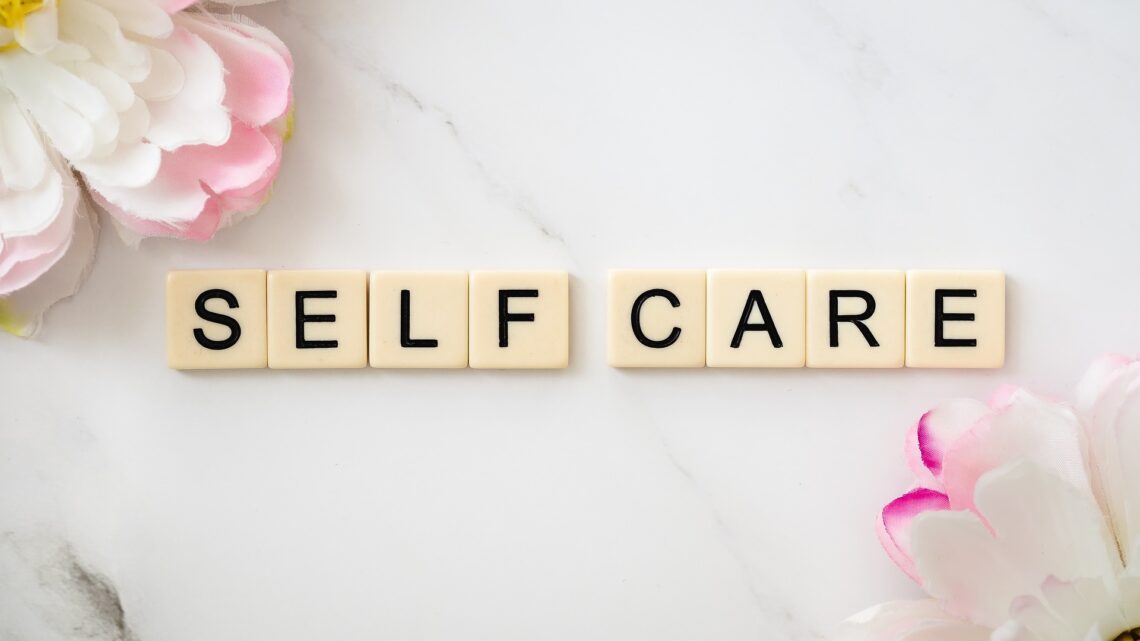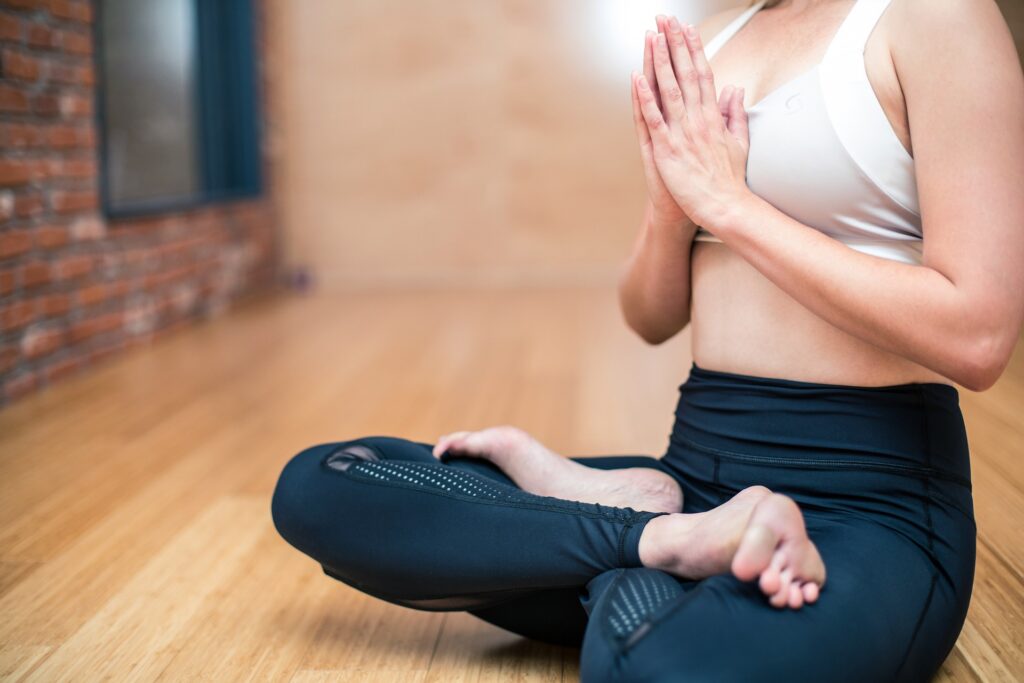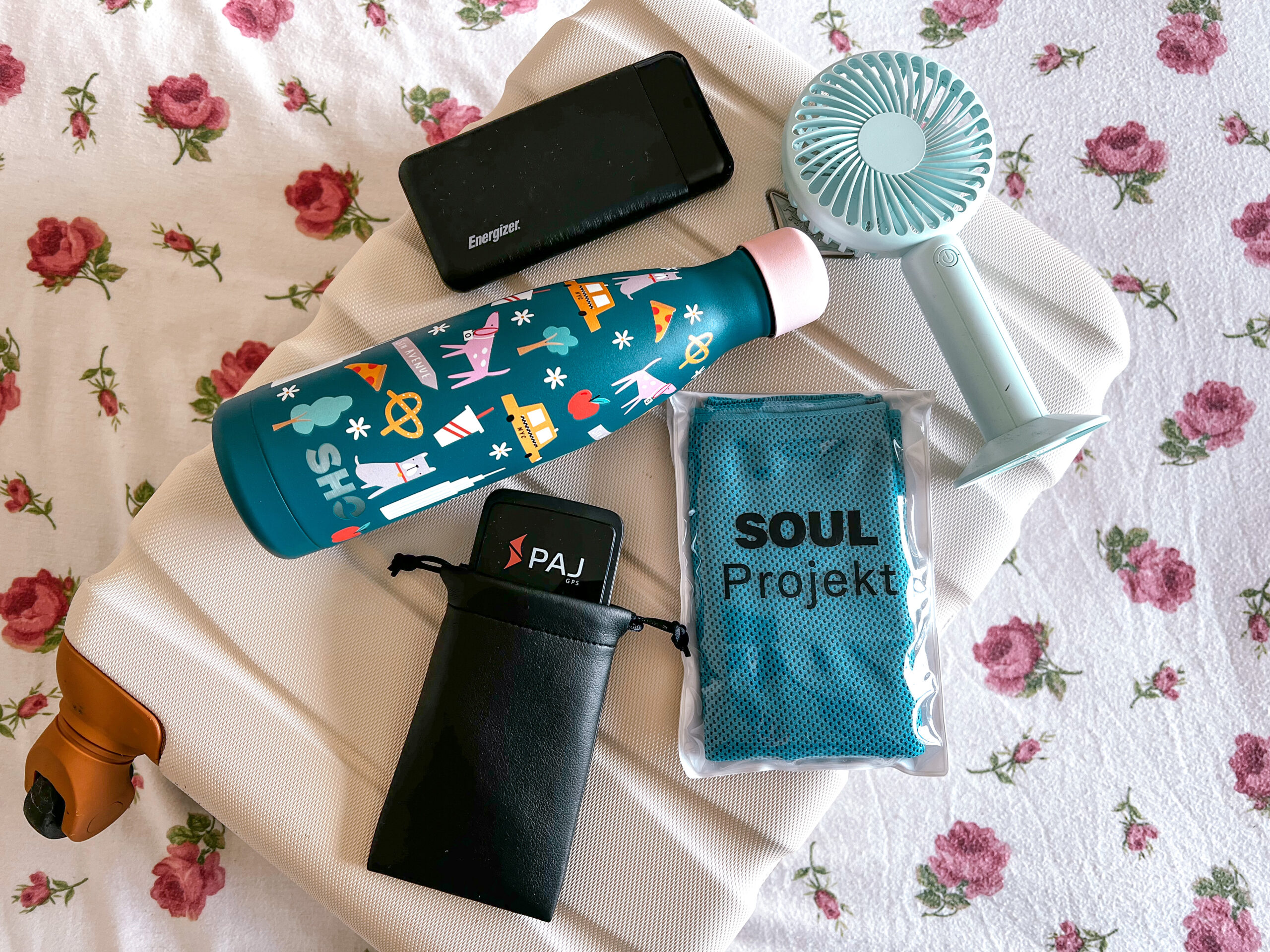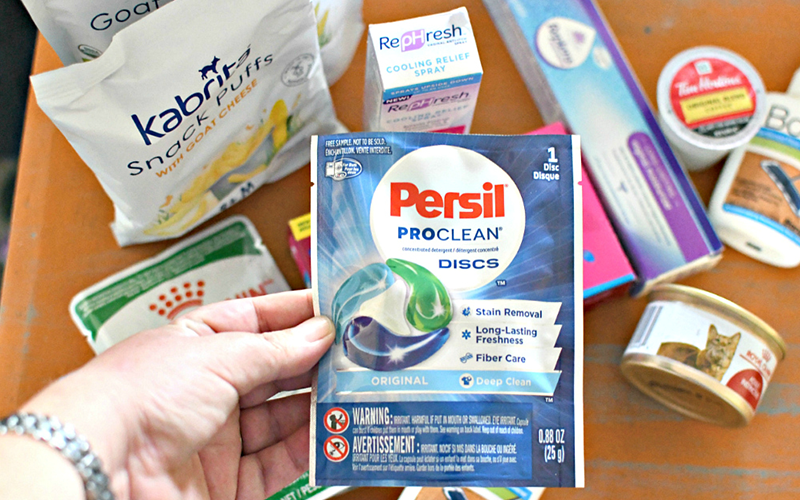
How Exercise/Hobbies Can Help Alleviate Mental Health Crises
Mental health is a critical component of overall well-being, and it is important to prioritize self-care activities that support and promote mental health. Engaging in regular exercise can help alleviate mental help.
Research has shown that exercise and hobbies can have a profound impact on mental health. Exercise has been shown to reduce symptoms of anxiety and depression, improve sleep quality, and boost self-esteem. Hobbies, on the other hand, can provide an outlet for creativity, reduce feelings of stress and overwhelm, and promote a sense of accomplishment.
Engaging in exercise and hobbies can help individuals cope with a wide range of mental health challenges, from mild stress and anxiety to more severe conditions like depression and PTSD. These activities can help promote relaxation, improve cognitive function, and provide a sense of purpose and meaning. While some individuals may need more help from others through avenues such as therapy or addiction treatment, exercise and hobbies can be beneficial ways for many people to improve their mental health on their own.
Furthermore, exercise and hobbies can help promote social connection and reduce feelings of isolation. By participating in group activities like team sports or book clubs, individuals can connect with others who share similar interests and experiences. This social support can be an important factor in promoting mental health and reducing the risk of mental health crises.
In this article, we will explore various ways exercise and hobbies can alleviate mental health crises. We will discuss the specific ways in which exercise and hobbies can promote mental health. Whether you are struggling with anxiety, depression, or simply looking to promote overall mental well-being, this article will help you understand why harnessing the power of exercise and hobbies to support your mental health goals is incredibly valuable.

Exercise helps reduce stress levels:
Research has found that exercise is a powerful tool in reducing stress levels and managing the symptoms of anxiety and depression. Physical activity can help reduce the level of stress hormones in the body, such as cortisol and adrenaline, which can cause physical symptoms like increased heart rate and blood pressure, and also contribute to feelings of anxiety and stress.
When we engage in physical activity, our brain releases endorphins, which are natural chemicals that improve mood and reduce the perception of pain. This effect can be especially beneficial for individuals struggling with anxiety and depression, as it can help to improve overall mood and reduce feelings of sadness, hopelessness, and fatigue.
In fact, regular exercise has been found to be as effective as medication and therapy in reducing symptoms of depression in some individuals. Studies have shown that even moderate levels of exercise, such as taking a brisk walk or practicing yoga, can have a positive impact on mental health.
Creative hobbies can help reduce anxiety:
Engaging in creative hobbies, such as painting, writing, or crafting, has been shown to have a positive impact on mental health. These hobbies provide an outlet for self-expression and creativity and can be an effective way to reduce feelings of being overwhelmed and stressed.
Creative hobbies can also provide individuals with a sense of control and mastery. When we engage in creative activities, we can focus on the task at hand and forget about our worries and stressors for a while. This can help reduce feelings of overwhelm and help us feel more in control of our lives.
In addition, creative hobbies can be a source of social support and connection. Joining a writing group or taking a painting class can provide individuals with an opportunity to connect with others who share similar interests and provide a supportive and encouraging environment.
Exercise can improve mood:
Exercise can be a great way to improve your mood in the moment and over time. Exercise can release endorphins and reduce the symptoms of mental health disorders, as well as provide other emotional benefits that lift a person’s mood.
Exercise can also help individuals feel more in control of their bodies and their lives, which can lead to a sense of empowerment and improved mood. This sense of control can be particularly important for individuals who may feel helpless or overwhelmed in other areas of their lives.
Another way that exercise can improve mood is by providing a distraction from negative thoughts and worries. When individuals engage in physical activity, they are often focused on the present moment rather than ruminating on past events or worrying about the future. This can provide a mental break and help improve overall mood.

Mindful hobbies can help promote relaxation:
Mindful hobbies, such as yoga, meditation, or tai chi, have been shown to be effective in promoting relaxation and reducing feelings of stress and anxiety. These hobbies involve focused attention, deep breathing, and non-judgmental awareness of one’s thoughts and feelings.
According to scientific research, hobbies can help reduce cortisol levels, which are the stress hormones that can contribute to feelings of anxiety and stress. Mindful hobbies can also promote relaxation by activating the parasympathetic nervous system, which is responsible for the “rest and digest” response.
One of the key benefits of mindful hobbies is that they help individuals become more aware of their thoughts and feelings. By practicing mindfulness, individuals can learn to observe their thoughts and emotions without judgment, which can help reduce feelings of overwhelm and promote emotional regulation.
In addition, mindful hobbies can be a good opportunity to socialize. Joining a yoga class or a meditation group can provide individuals with an opportunity to connect with others who share similar interests and provide a supportive and encouraging environment.
Exercise can improve sleep
Regular exercise has been shown to have many positive effects on both physical and mental health, and improving sleep quality is one of them. Research has found that regular exercise can help individuals fall asleep more quickly, stay asleep longer, and experience better overall sleep quality.
One reason why exercise is so effective in improving sleep is that it helps regulate the body’s circadian rhythm or natural sleep-wake cycle. Exercise can help reset the circadian rhythm, making it easier for individuals to fall asleep at night and wake up feeling rested and refreshed.
Exercise has also been shown to help reduce symptoms of anxiety and depression, which are often associated with sleep disturbances. When individuals are able to manage their symptoms of anxiety and depression through regular exercise, they may experience less worry and rumination at night, allowing them to fall asleep more easily.
In addition, regular exercise can help reduce levels of the stress hormone cortisol, which can interfere with sleep. By reducing cortisol levels, exercise can help calm the mind and promote relaxation, making it easier for individuals to fall asleep and stay asleep.
Hobbies can provide a sense of accomplishment
Hobbies that allow individuals to set goals and achieve them can provide a sense of purpose and accomplishment, which can help boost self-esteem and reduce feelings of worthlessness. Dopamine is a neurotransmitter that is involved in the brain’s reward system, and is responsible for feelings of pleasure and motivation.
By engaging in hobbies that provide a sense of accomplishment, individuals can stimulate the release of dopamine, which can help boost mood and reduce feelings of depression and anxiety. Additionally, when individuals share their hobbies and achievements with others, they can receive validation and positive feedback, which can help reinforce their sense of competence and self-worth.
Exercise can improve cognitive function
Engaging in regular physical activity can help reduce symptoms of brain fog and improve mental clarity, allowing individuals to think more clearly and focus more effectively on tasks. It has been scientifically proven that exercise can help stimulate the growth of new brain cells, a process known as neurogenesis. This can help improve cognitive function, including memory, attention, and decision-making skills. In addition, exercise can help increase blood flow to the brain, delivering oxygen and nutrients that are essential for brain function.
Exercise has also been shown to help reduce inflammation in the brain, which can contribute to cognitive decline and other neurological disorders. By reducing inflammation, exercise can help protect the brain from damage and improve overall cognitive function.
Social hobbies can promote social connection
Activities that involve interacting with others, such as team sports or book clubs, can provide opportunities to connect with like-minded individuals and build relationships that can be essential for maintaining good mental health. When individuals feel connected to others, they are more likely to experience positive emotions, have a sense of purpose and meaning in life, and cope more effectively with stress and adversity.
Engaging in social hobbies can help individuals build a sense of community and belonging, which can be particularly important for those who may feel isolated or disconnected from others. By participating in group activities, individuals can develop a support network of people who share common interests and experiences, which can help foster a sense of belonging and reduce feelings of loneliness.
Social hobbies can also be a source of fun and enjoyment, which can have a positive impact on mental health. By engaging in activities that are enjoyable and rewarding, individuals can experience positive emotions and boost their mood, which can help reduce symptoms of depression and anxiety.

Exercise can promote self-care:
Engaging in regular physical activity is not only an essential part of self-care, but it can also help individuals prioritize other aspects of self-care. By making exercise a priority in their daily routine, individuals can enhance their overall mental and physical health, which can provide them with the energy and motivation to prioritize other areas of self-care.
One of the ways that exercise can help individuals prioritize self-care is by reducing stress levels. By reducing stress levels, individuals can better manage other aspects of self-care, such as getting enough sleep, practicing mindfulness, and engaging in social activities.
Additionally, prioritizing exercise can help individuals develop a sense of control and agency over their lives. By setting and achieving fitness goals, individuals can build self-confidence and self-efficacy, which can have a positive impact on mental health and well-being. This sense of control and agency can translate into other areas of self-care, such as setting boundaries, saying no to unhealthy relationships or situations, and prioritizing activities that promote mental and physical well-being.
Hobbies can provide a sense of purpose
When individuals engage in activities that align with their personal values and interests, it can also help them develop a stronger sense of self. By exploring their interests and engaging in activities that bring them joy, individuals can gain a better understanding of their unique strengths and abilities. This can help boost self-confidence and self-esteem, which can have a positive impact on overall mental well-being.
For example, if someone values creativity and self-expression, engaging in a hobby like painting or writing can provide a sense of fulfillment and purpose. Similarly, if someone is passionate about nature and the environment, engaging in activities like hiking or gardening can provide a sense of connection and meaning.
In a world that can often feel overwhelming and chaotic, engaging in activities that individuals have chosen for themselves can provide a sense of control and empowerment. This can be particularly helpful for individuals who may feel helpless or out of control in other areas of their lives.
Jennifer Bell is a long time practitioner of mindfulness, and enjoys helping others find balance.
She writes for drug rehab clinics in and around Williamstown, NJ.




